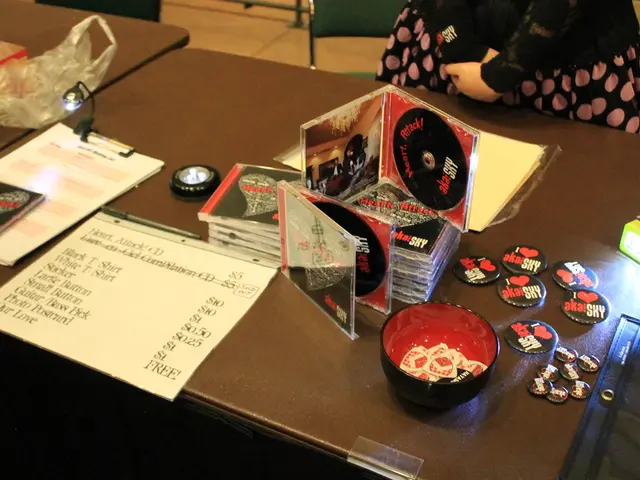Market Manipulation Cases Face Challenges as Fraud Allegations get Dropped
In the world of finance, market manipulation is a serious offense that can have far-reaching consequences. However, proving such cases in court can be challenging, as evidenced by several recent decisions.
Courts handle charges of criminal market manipulation with caution, requiring clear evidence of manipulative intent, material harm, or misrepresentation, and a jurisdictional basis. Cases involving "micro manipulations" or smaller-scale manipulations pose difficulties in proving materiality and intent, and convictions may be overturned if key legal elements like venue or falsity are lacking.
For instance, a recent court overturned commodities fraud and manipulation convictions due to lack of venue, even though manipulation was found, and rejected wire fraud charges due to insufficient evidence of a material misrepresentation in an automated market protocol.
"Open-market manipulations," which typically involve visible market conduct such as price rigging or spoofing, are sometimes prosecuted successfully. A notable example is the Paris Tribunal Correctionnel's sanctioning of a market manipulation case, where price manipulation activities were identified by the financial regulator (AMF) and pursued through criminal proceedings, including plea bargains and damages for regulatory harm.
Cases involving spoofing — placing deceptive large orders to move prices — have also resulted in prosecutions and fines, such as a major bank fined for gold and silver futures manipulation.
Beyond direct market manipulation charges, prosecutors can pursue alternative charges like wire fraud or related financial fraud. However, proving these often involves hurdles such as establishing the "material misrepresentation" or the "right-to-control" theory of fraud, which courts have sometimes invalidated or required rigorous proof for.
One such case is the recent trial of Avraham Eisenberg, who was accused of stealing over $100 million in cryptocurrency by manipulating prices on a decentralized crypto trading platform called Mango Markets. The court found that the government had not established a material misrepresentation to support a wire fraud charge because the platform did not have rules or prohibitions about borrowing, no prohibition against manipulation, no formal requirement that a borrower repay, and no requirement to maintain sufficient collateral.
In another case, the Second Circuit overturned the wire fraud and money laundering conviction for a manager of an NFT marketplace who was accused of misappropriating confidential information. The district court overturned the verdict due to lack of venue, as the prosecution did not introduce sufficient evidence that the offenses occurred in New York.
The complexities of these cases necessitate extensive investigations and regulatory findings to support criminal charges. For example, in the Mango Markets case, Eisenberg borrowed over $100 million in cryptocurrency, effectively all the assets on the platform, and manipulated prices to artificially inflate the value of his long MNGO Perpetual position.
In conclusion, while courts pursue criminal market manipulation charges, especially for overt "open-market" manipulative schemes, cases involving subtle or micro manipulations face significant evidentiary and legal challenges. Alternative prosecutorial avenues like fraud or false claims can be pursued but also have demanding proof requirements and have seen mixed judicial results. Regulators and prosecutors often rely on extensive investigations and regulatory findings to support criminal charges in these complex cases.
Investigating cases of market manipulation within the financial industry can be challenging due to the need for clear evidence of manipulative intent, material harm, or misrepresentation, and a jurisdictional basis. For instance, convictions related to micro manipulations or smaller-scale manipulations may be overturned if key legal elements like venue or falsity are lacking.
Prosecutors may also pursue alternative charges like wire fraud or related financial fraud, but these often require establishing the "material misrepresentation" or the "right-to-control" theory of fraud, which can be challenging to prove and have seen mixed judicial results. One example is the trial of Avraham Eisenberg, where the court found that the government had not established a material misrepresentation to support a wire fraud charge due to the lack of certain platform rules.








